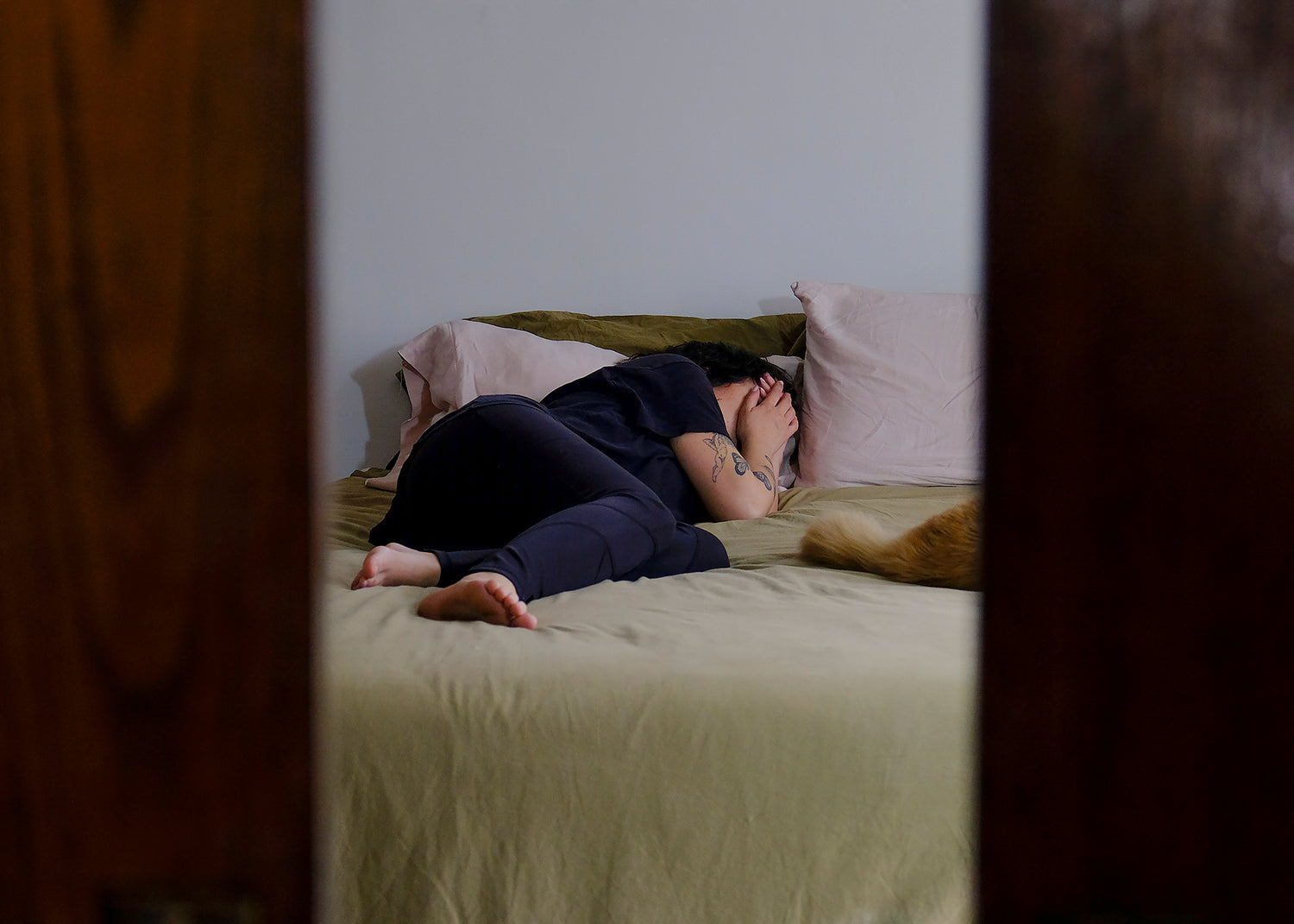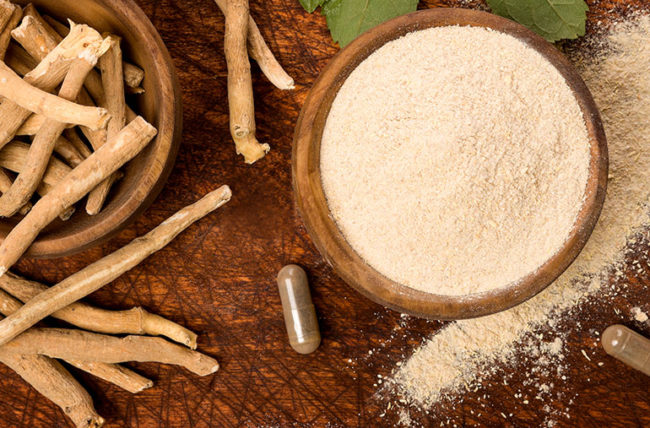Scientific Studies
Ashwagandha

Scientific Study
Anxiety
Study type:
Pragmatic randomised controlled trial
Purpose:
To compare the effects of ashwagandha treatment with a standardised psychotherapy on employees with moderate to severe anxiety.
Method of evaluation:
Anxiety levels were assessed using a self-reported questionnaire which measured subjective symptoms of anxiety. Quality of life was also assessed using questionnaires which measured health-related quality of life, physical and mental fatigue, and qualitative patient experiences.
Dose:
600 mg/day of ashwagandha (2 x 300 mg) or placebo
Additional interventions:
In addition to the ashwagandha treatment, participants in the naturopathic care group received an adult multivitamin, lifestyle and nutritional counselling, and engaged in diaphragmatic deep breathing exercises during their treatment sessions.
Participants in the control group received 12 weeks of psychotherapy sessions targeting anxiety, consisting of patient-directed counselling and cognitive-behavioural therapy, along with placebo pills.
Participants:
75 male and female employees with moderate to severe anxiety
Duration:
12 weeks
Results:
The study found a significant association between naturopathic treatment, which included dietary changes and daily intake of 600 mg of ashwagandha, and a reduction in anxiety symptoms. Additionally, the researchers observed that the naturopathic group experienced better outcomes in terms of fatigue, motivation, concentration, and overall well-being compared to the psychotherapy group. Patient-centred assessments also revealed significant reductions in specific symptoms and improvements in mental health, vitality, social functioning, and general health in the naturopathic group.
Year:
2009
Link:

Scientific Study
Stress
Study type:
Randomised, double-blind, placebo-controlled
trial
Purpose:
To investigate the stress-relieving and
pharmacological activity of ashwagandha extract in stressed adults.
Method of Evaluation:
Anxiety, depression, and stress were assessed
using both clinician-administered and self-reported questionnaires, which
measured the severity of anxiety, stress, and depression.
Dose:
240 mg/day of standardised ashwagandha extract
containing 35% withanolides or placebo
Participants:
60 males and females aged 18 to 65 years
Duration:
60 days
Results:
The study found an association between
ashwagandha supplementation and a statistically significant reduction in
anxiety symptoms, as measured by Hamilton Anxiety Scale when compared to the
placebo. Additionally, a notable but not statistically significant decrease in
symptoms of depression, anxiety, and stress, as measured by the Depression,
Anxiety, and Stress Scale-21, was observed. Moreover, ashwagandha
supplementation was linked to greater reductions in morning cortisol levels, a
hormone associated with stress, as well as dehydroepiandrosterone sulphate
(DHEAS) levels, a hormone involved in hormone production, compared to the
placebo. Reductions of DHEA along with morning cortisol levels may be a marker
of decreased stress. The researchers also observed an increase in testosterone
levels increased in males but not in females over time, although this change
was not statistically significant compared with the placebo.
Year:
2019
Link:

Scientific Study
Cognitive Performance
Study type:
Randomised, placebo-controlled, between-group
trial
Purpose:
To assess the effects of ashwagandha on
improving cognitive performance, mood, anxiety, food cravings, and cortisol
levels in healthy adults with high perceived stress.
Method of Evaluation:
Anxiety, depression, and stress were assessed
using self-reported questionnaires which measured trait anxiety levels,
magnitude of depression, anxiety, and perceived stress.
Cognitive ability was assessed using a
neurocognitive test which measured verbal memory, visual memory, finger
tapping, digit coding, stroop test, attention, and performance.
Dose:
225 mg/day of ashwagandha root and leaf
extract or 400 mg/day of ashwagandha root and leaf extract or placebo
Participants:
60 healthy men and women with an average age
of 34 years
Duration:
30 days
Results:
The researchers observed significant
improvements over time in self-report assessments for anxiety, stress,
depression, perceived stress, and food cravings. However, these improvements
were not specific to the intervention group, as the main effect for the group
and interactions were not significant. Additionally, significant improvements
were observed in cognitive flexibility, visual memory, reaction time,
psychomotor speed, and executive functioning, with the Ashwagandha groups often
out-performing the placebo group. Cortisol levels in the ashwagandha groups
also exhibited reductions, with larger effects observed in the 225 mg/day
ashwagandha group. In contrast, the placebo group showed a nonsignificant
increase in cortisol levels. Increased cortisol levels in short term can
enhance the body's ability to respond to stressors by providing a burst of
energy, heightened focus, and increased alertness.
Year:
2022
Link:
